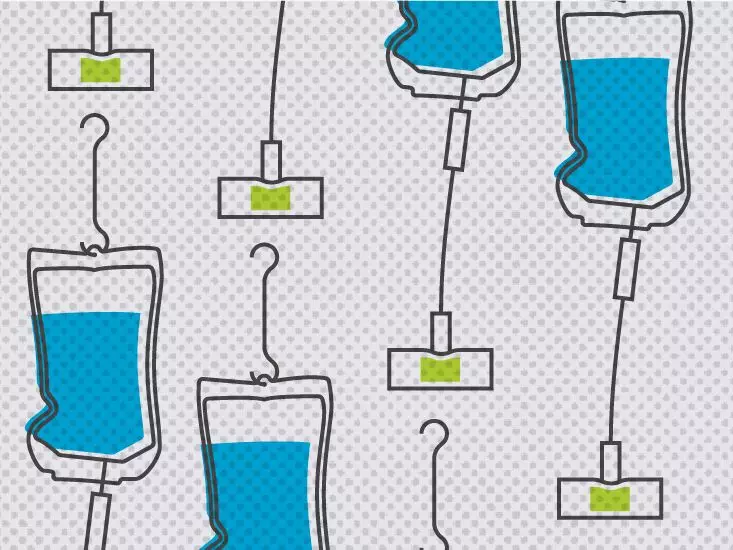When it comes to using Gvoke during pregnancy, there is still uncertainty. While glucagon, the active ingredient in Gvoke, has not been shown to be harmful in small studies on pregnant individuals, the full extent of its effects on pregnancy remains unknown. Animal studies have not indicated any increased risk to the fetus when glucagon is administered during pregnancy. However, it’s important to remember that results from animal studies do not always directly translate to human experiences. Therefore, if you are pregnant or planning to become pregnant, it is crucial to have a detailed discussion with your healthcare provider about the potential risks and benefits of using Gvoke.
For individuals who are currently breastfeeding or planning to breastfeed, the safety of using Gvoke is also a topic of concern. The data on whether Gvoke passes into breast milk and its potential effects on a nursing child are limited. While glucagon is generally believed to be safe to use while breastfeeding, it is essential to consult with your healthcare provider before making a decision. Discuss the risks and benefits of using Gvoke while breastfeeding to determine the best course of action for you and your baby.
If you are sexually active and either you or your partner can become pregnant, it is important to understand how Gvoke treatment may impact your birth control decisions. Since the safety of Gvoke during pregnancy is not fully established, it is crucial to discuss contraceptive options with your healthcare provider. Make sure to have an open conversation about how using Gvoke may affect your birth control choices and overall reproductive health.
While this article aims to provide valuable information on Gvoke and its implications for reproductive health, it is essential to remember that medical decisions should always be made in consultation with a qualified healthcare provider. The information presented here is meant to serve as a general guideline and should not be used as a substitute for professional medical advice. Stay informed, ask questions, and work closely with your healthcare team to make the best decisions for your health and well-being.

